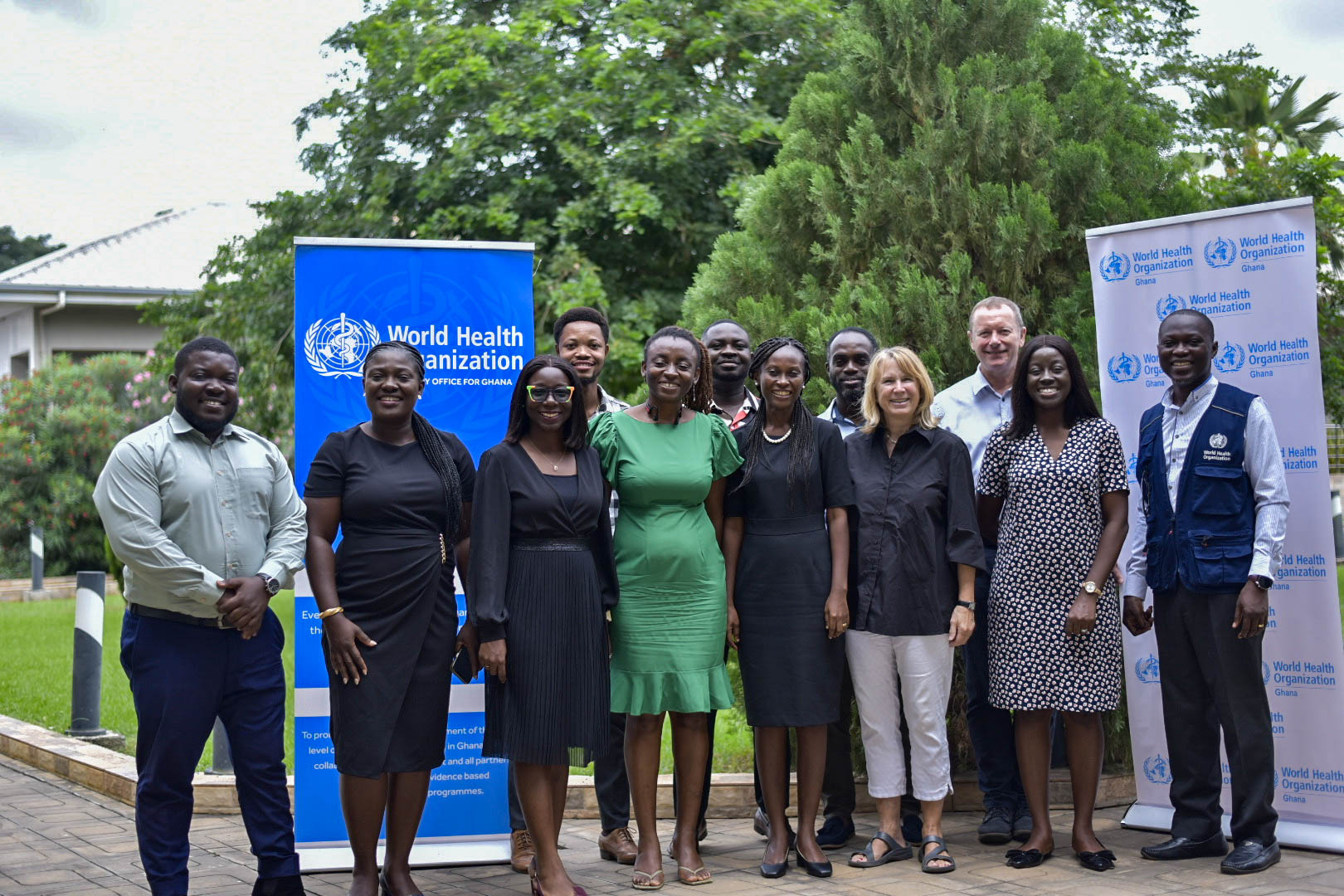Two researchers from the Kwame Nkrumah University of Science and Technology (KNUST), Kumasi Dr. Nana Akua Abruquah, Medical Officer at the KNUST Hospital, and Mrs. Karyn Ewurama Quansah, a Research Scientist affiliated with the University through collaborative AMR initiatives are supporting national efforts to translate antimicrobial resistance (AMR) research into policies and practices that save lives.
They were among Ghanaian scientists who participated in the fourth module of the Structured Operational Research and Training Initiative (SORT IT) held from 15–19 September 2025 in Accra.
The training, organised under the Special Programme for Research and Training in Tropical Diseases (TDR) of the World Health Organization (WHO) and national partners, focused on equipping researchers with communication tools to ensure that scientific evidence informs health decisions.
The module guided participants to transform complex AMR findings into clear, actionable messages through evidence briefs, stakeholder maps, policy presentations, and elevator pitches tailored for real-world impact.
WHO Representative to Ghana, Dr. Fiona Braka, emphasised the importance of effective communication in the fight against AMR.
“AMR is a silent pandemic. Research alone is not enough what matters is how well findings are communicated and used to protect lives,” she said.
Dr. Abruquah described the experience as transformative.
“This module showed me how to move beyond writing for journals. I now know how to engage directly with decision-makers, present evidence in plain language, and ensure that my work contributes to improving practice at the frontlines of care.”
Mrs. Quansah added that the training expanded her ability to engage diverse audiences.
“AMR cuts across human, animal, and environmental health. This training has equipped me to communicate my findings not just to scientists, but also to farmers, regulators, and the public. That’s how we can collectively tackle the challenge.”
By the end of the programme, participants had developed policy-oriented outputs that will contribute to Ghana’s One Health strategy on AMR.
Story adapted from “WHO supports researchers turn AMR evidence into action in Ghana”, WHO Regional Office for Africa. Picture credit: WHO Ghana

















